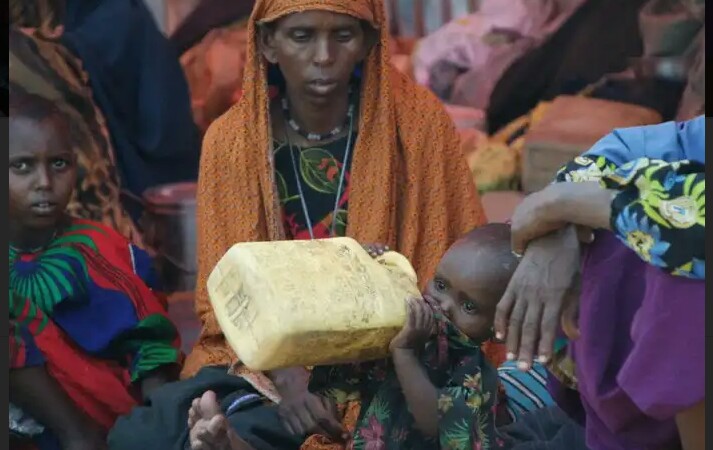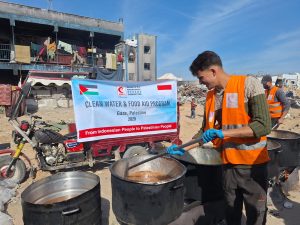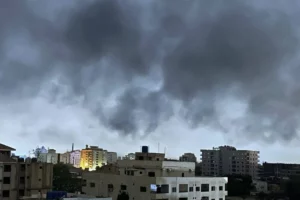Yaounde, MINA – More than 100 million people in Africa face acute levels of food insecurity Anadolu Agency reported.
According to a report by the International Federation of the Red Cross (IFRC), Africa has long experienced food insecurity triggered by factors such as conflict, locust attacks, drought, climatic factors, market instability and disasters that contribute to low food production and accessibility.
The group also said the Covid-19 pandemic was the main trigger for acute food insecurity in rural and urban areas in most African countries.
“In East Africa, conditions will continue to worsen until at least May 2021,” the IFRC said, referring to large parts of Northeast Somalia, South Sudan, Ethiopia, including the Tigray region.
Also Read: Egypt, Qatar Deliver Trump’s Gaza Ceasefire Proposal to Hamas
This is associated with conflict and displacement, long-term macroeconomic challenges, the economic impact of Covid-19, fluctuating weather changes, and desert locust surges.
The report states that in conflict-affected areas, particularly in Lake Chad, Liptako Gourma (the three border areas between Niger, Burkina Faso and Mali), access to land and other means of production is very limited.
Meanwhile, in West Africa and the Sahel region, conditions of food insecurity and malnutrition in the past year plunged to an unprecedented level when compared to the five-year average, namely between 2015-2020.
The Red Cross has urged immediate action in terms of speed and scale.
Also Read: Israeli Airstrikes Kill 54 Palestinians Across Gaza
“We call for collective and immediate action in support of a humanitarian response to a long-term strategy towards zero-hunger levels,” the IFRC said. (T/RE1)
Mi’raj News Agency (MINA)
Also Read: School Bus Explosion in Pakistan Kills Five, Military Accuses India



































 Mina Indonesia
Mina Indonesia Mina Arabic
Mina Arabic